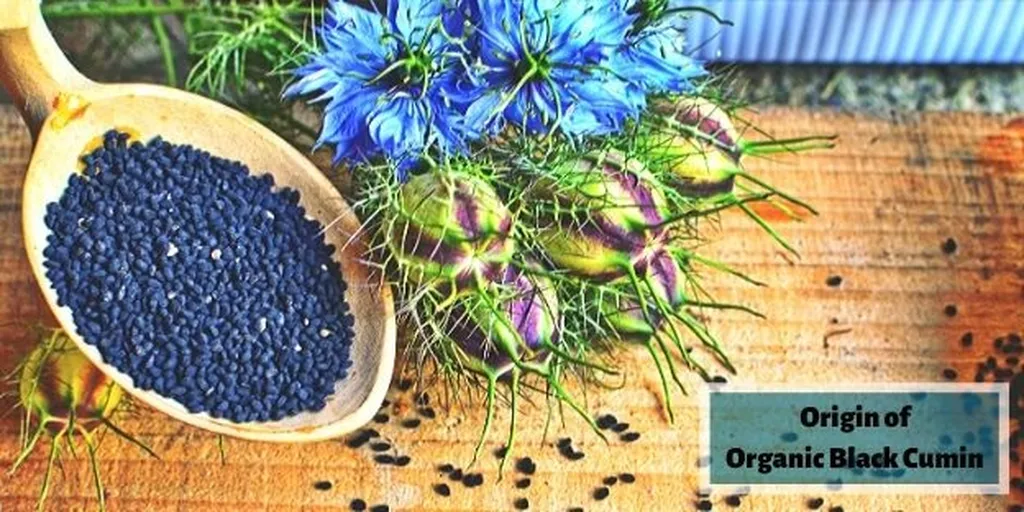In the heart of India’s Eastern region, where cultivating black cumin (Nigella sativa L.) has long been a challenge due to nutritional constraints and erratic weather, a beacon of hope emerges from the fields of sustainable agriculture. A recent study published in *Discover Plants* has unveiled promising results that could reshape the future of black cumin farming, offering a more sustainable and productive path forward.
The research, led by Soumik Samanta from the Department of Plantation, Spices, Medicinal and Aromatic Crops at Bidhan Chandra Krishi Viswavidyalaya, delves into the efficacy of various organic amendments on crop performance and nutrient uptake. The findings suggest that the combination of farmyard manure and panchagavya, as well as vermicompost and panchagavya, can significantly enhance plant growth, yield, and essential oil production in black cumin.
Samanta’s team conducted a meticulous experiment using a randomized complete block design with nine treatments and three replications. The results were striking. The combination of farmyard manure and panchagavya led to a notable increase in plant height (22.32%), primary branches (23.24%), secondary branches (19.99%), dry matter (18.46%), essential oil (22.72%), and NPK absorption (52.60%, 54.16%, 39.27%) compared to control groups. Even more impressive were the outcomes from the synergy between vermicompost and panchagavya, which showed substantial improvements in plant height (25.52%), primary branches (29.05%), secondary branches (29.54%), dry matter (26.51%), essential oil (29.55%), and NPK absorption (78.69%, 119.07%, 45.50%).
“These results indicate a significant leap forward in our understanding of how organic amendments can boost crop productivity,” Samanta explained. “The synergy between vermicompost and panchagavya not only enhances nutrient uptake but also improves light interception and nutrient-driven partitioning, leading to better overall plant health and yield.”
The commercial implications of this research are profound. Black cumin, known for its medicinal and culinary uses, has a growing global market. The findings suggest that farmers in Eastern India and similar agroecosystems can achieve higher yields and better quality produce by adopting these organic practices. This shift towards sustainable agriculture not only benefits the environment but also promises economic gains for farmers.
“Integrating vermicompost with panchagavya improves fertilizer usage efficiency and yield, providing a scalable, environmentally friendly approach for increasing crop productivity,” Samanta added. “This is particularly crucial for resource-limited agroecosystems where traditional methods may fall short.”
The study also highlights the importance of favorable weather conditions, such as moderate rainfall and warmth, in amplifying the benefits of these organic amendments. This underscores the need for a holistic approach to agriculture that considers both soil health and environmental factors.
As the world increasingly turns towards sustainable and organic farming practices, this research offers a blueprint for enhancing crop productivity while minimizing environmental impact. The findings could pave the way for future developments in the field, encouraging more farmers to adopt organic amendments and explore their potential benefits.
In the quest for sustainable agriculture, this study by Soumik Samanta and his team at Bidhan Chandra Krishi Viswavidyalaya stands as a testament to the power of innovation and the promise of a greener, more productive future for black cumin farming in Eastern India and beyond.

